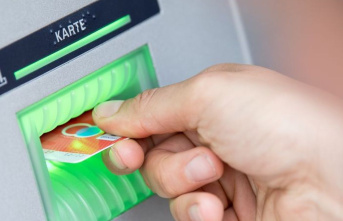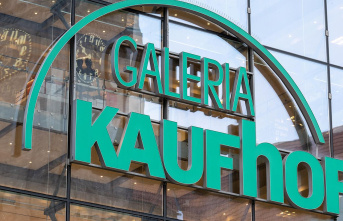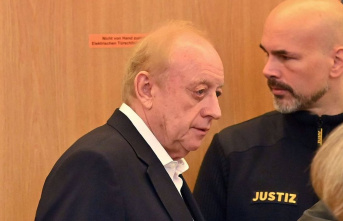This article first appeared on RTL.de
The bill for the gas heating makes many a homeowner, renter or self-employed person break out in a sweat. Who is going to pay for all this? On Monday, the government-appointed gas commission of over 20 experts made a proposal. The federal government wants to make a decision on this very soon, so it has not yet been decided. However, it is almost a foregone conclusion that the ideas will be implemented to a large extent. The measures should be a central part of the "defense shield" announced by the traffic light coalition with a volume of up to 200 billion euros.
A lot of things related to the topic of gas prices are complicated, so gas customers have numerous questions even after the relief proposal was presented. We try to clarify some of them.
The dramatically increased prices for natural gas threatened to overwhelm the financial capacity of private households and companies, according to the report by the commission with representatives from business, trade unions and science.
A two-stage model is therefore proposed:
At the same time, savings incentives should be retained. Due to a lack of Russian gas supplies, there is a risk of gas shortages in winter. According to the report, security of supply is at risk, so massive savings in natural gas will have to be made.
For tenants (gas billing via the utility bill):
In the case of centrally heated apartment buildings, the credit should be passed on from the landlord to the tenants in the course of the ancillary cost settlement. In some cases, discounts for tenants have not yet increased, but the landlord is already experiencing higher gas prices. The payment should address “liquidity problems” from landlords.
For homeowners
In order to absorb "extreme" loads from gas and district heating customers, private households and small companies as gas customers are to receive a one-off payment in December - based on the consumption on which the advance payment from September 2022 was based. This should affect those who are direct customers of a supplier. A point of reference in the past was deliberately chosen so that consumers do not now increase their consumption in order to receive more support, explained the “economic wise man” and co-chair of the commission, Veronika Grimm. This should prevent fraud as far as possible.
"This one-off payment serves as a financial bridge until the regular introduction of the gas price brake," says the report. According to calculations by the comparison portal Verivox, the average advance payment for a single-family house is currently around 342 euros. If the state pays an installment, the annual costs would drop from 4,108 euros to 3,766 euros, which corresponds to a reduction of around eight percent. The state should take over the deductions, the suppliers should get the money reimbursed.
The proposals were met with criticism, mainly because they work according to the "watering can principle". Commission member and Verdi boss Frank Werneke criticized in a dissenting opinion that the proposed model of the gas price brake was not sufficiently socially balanced. "The model treats a two-bedroom apartment the same way as a villa with a pool. That's why we need additional social hold lines for a fairer model."
Why is that? Speed was rated higher than social balance. "If we wanted to be fast, we now had to use watering cans," said co-chairman Michael Vassiliadis, head of the IG BCE energy union. Efforts had been made to design the instrument according to financial strength. But that's not possible. The suppliers do not know whether there is a villa or an apartment building behind a connection.
In order to cushion injustice, the price brake discount should be stated in the income tax return as a pecuniary benefit. The highest possible exemptions should apply. However, an assessment obligation does not arise from the discount alone.
From the beginning of January to the end of February there will be aid funds to protect tenants and owners, as the commission writes.







